Alternative Natural Materials for Cleaning
Most of us are always looking for ways to help the environment, be it biking to reduce our carbon footprint, or using alternative natural materials for cleaning to reduce harmful chemicals from going down our drains and into natural waterways.
As a professional cleaning service company, we use most of these alternative natural materials for cleaning, and they are effective when used properly, we also know that using these products can be frustrating for novice users or to those who have just jumped into the “natural and organic”. In all honesty, these materials are unlike your commercial brands which are “ready to use” and cleans easier and faster.
To make things easier, we will list down below alternative natural materials for cleaning and how to use them. We have limited the listing on natural and the least processed material as there are materials listed as “natural” but have studies on them that they still cause environmental damage.
- Baking Soda
- Ripe Lemon
- White Vinegar
- Salt
- Olive Oil
- Charcoal
Need something cleaned?
BAKING SODA
Sodium Bicarbonate or commonly known as Baking Soda can be naturally found near mineral springs. Commercial baking soda brands are already manufactured and not sourced from the springs, but they act the same way. It is a good abrasive, odor absorber and acid neutralizer, so it has a lot of uses:
- Multipurpose Household cleaner – mix 1/4 cup of baking soda, half cup vinegar and half a cup of lemon (as a scent) in 1 gallon water.
- For deep cleaning and scrubbing – turn your baking soda into paste and add a little salt, apply on the surface and scrub. Good for toilet stains and ovens.
- Metal cleaner – 1 part baking soda with 10 parts cold water, soak for 10 minutes and scrub.
- Silver cleaner – 1 part baking soda with 10 parts hot water, soak for 10 minutes and scrub.
- Drain Cleaner – pour ¼ cup baking soda and ½ cup vinegar in the drain, cover it for 15 minutes and then pour in 2 liters of boiling water.
- Deodorizer – sprinkle a few in the laundry during the wash cycle. Keep a box open in toilets.
- Mouthwash – 1 part baking soda with 10 parts cold water
- Fire Extinguisher – pour on electrical fire (do not use on fire in deep fryers)
*Do not use to clean aluminum as it will remove the aluminum’s protective layer
You can mix baking soda with vinegar and lemon to add more cleaning strength, or lemon for scent. It is also important to note that this chemical has “time honored” properties, which means you need to soak it on surfaces long enough to take effect and not a moment too soon.

RIPE LEMON
Ripe lemons contain more citric acid compared to unripe ones, and that is the compound that we will need to clean and deodorize. They are also naturally produced and very biodegradable. They are not a good abrasive though but they are really good deodorizers.
- Multipurpose Household cleaner – mix 1/4 cup of baking soda, half cup vinegar and half a cup of lemon (as a scent) in 1 gallon water.
- Metal cleaner – apply lemon juice on metallic surfaces with hard water stains (ie. faucets), let it soak for 15 minutes and then rinse.
- Degreaser – Add 1 part lemon juice to 2 parts hot water, soak for 15 minutes and then rinse. Use half a lemon fruit as a scrubber for dishes with heavy grease.
- Wood Polish – Add 2 parts olive oil and 1 part lemon, wipe on wooden furniture and floor.
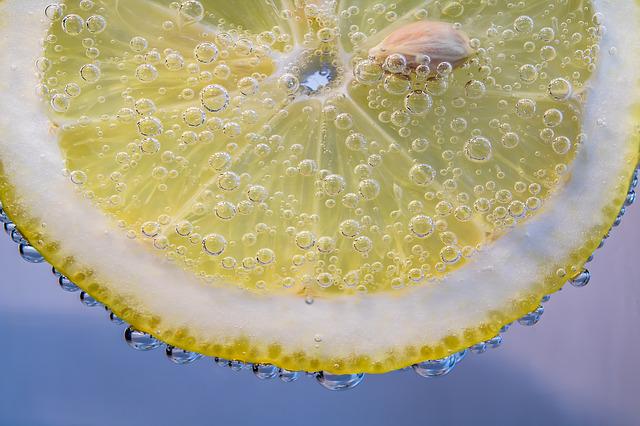
WHITE VINEGAR
White vinegar does not occur naturally, but is produced from organic materials (like sugarcane) using natural processes such as fermentation. It contains acetic acid which we will need for cleaning. White vinegar is recommended because other vinegars may contain coloring (natural such as tannic acid or artificial) that can stain surfaces. Though a very good cleaner, the downside of using vinegar is the odor it leaves after cleaning. Adding lemon may help remedy this.
- Multipurpose Household cleaner – mix 1/4 cup of baking soda, half cup vinegar and half a cup of lemon (as a scent) in 1 gallon water.
- Glass Cleaner – mix 1 part water in 2 parts vinegar.
- Drain Cleaner – pour ¼ cup baking soda and ½ cup vinegar in the drain, cover it for 15 minutes and then pour in 2 liters of boiling water.
- Tile cleaner – mix ¼ cup vinegar in 1 gallon water, pour and soak for 5 minutes before scrubbing and cleaning.
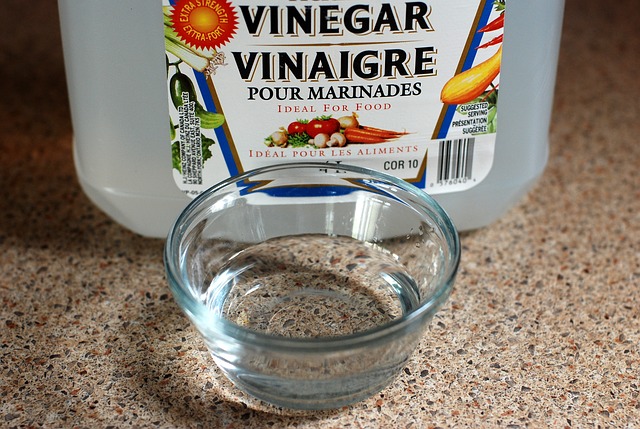
Need something cleaned?
Need something cleaned?
SALT
From this list, salt is the most basic and the most naturally occurring material with the very least processing made. It is very neutral (pH 7.0) but has been used since the medieval times as cleaning and antibacterial agent.
- For deep cleaning and scrubbing – turn your baking soda into paste and add a little salt, apply on the surface and scrub. Good for toilet stains and ovens.
- Mild disinfectant – place items (ie. sponge, washcloth) in a container filled with water and salt and soak them for an hour.
- Unclog Drain – Pour in a gallon of hot water with ½ cup salt. Wait for 15 minutes and then pour ¼ cup baking soda and ½ cup vinegar in the drain, cover it for another 15 minutes, and then finally, pour in 2 liters of boiling water.
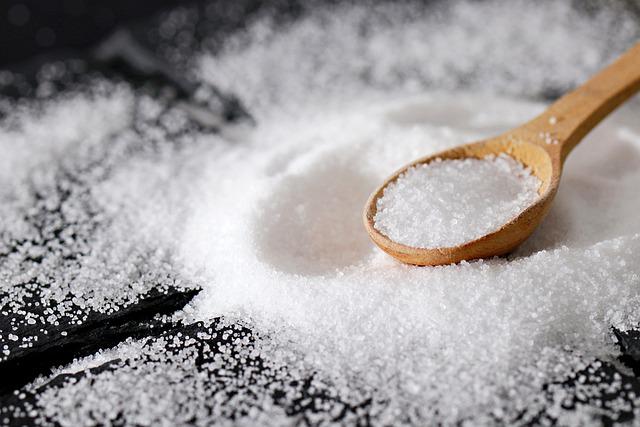
OLIVE OIL
This natural material does not also naturally occur but can be manufactured through processing the fruit of the olive tree. It doesn’t necessarily “clean” but it does recondition surfaces (shine) to make it look better, and also, it acts as a protective layer.
- Wood Polish – Add 2 parts olive oil and 1 part lemon, wipe on wooden furniture and floor.
- Protective coating for leather and metal – place a few drops of olive oil on those surfaces and wipe.
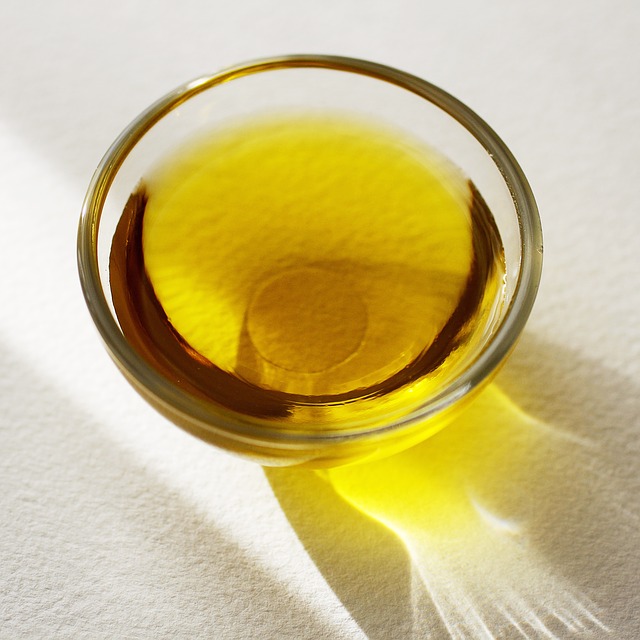
CHARCOAL
This natural material is not used directly for cleaning your home, however, it helps clean your air and get rid of bad odor. It can be used though as an abrasive when cleaning dark colored surfaces.
- Use as water filter
- Deodorize by placing a few chunks in the refrigerator or under your sink
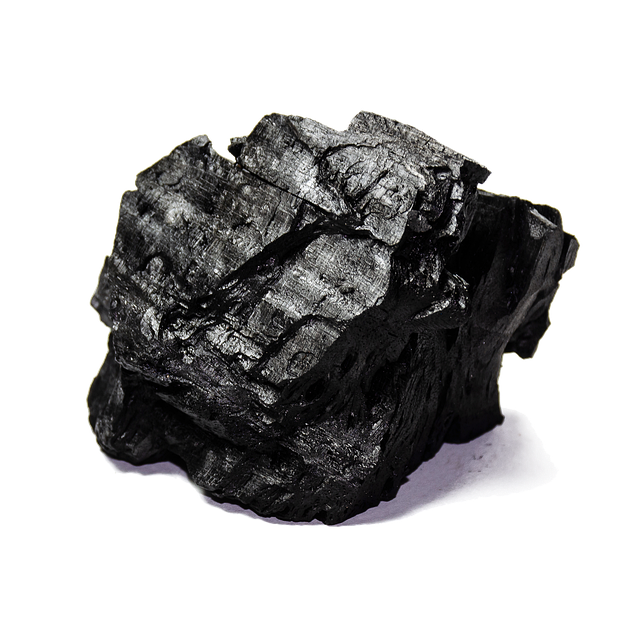
We were in the middle of a global climate crisis prior to the coronavirus pandemic. With the lockdowns in the beginning of the pandemic, it has reduced the carbon emissions globally, and helped in “resetting” the climate. Using alternative natural materials for cleaning can help protect our environment further.
